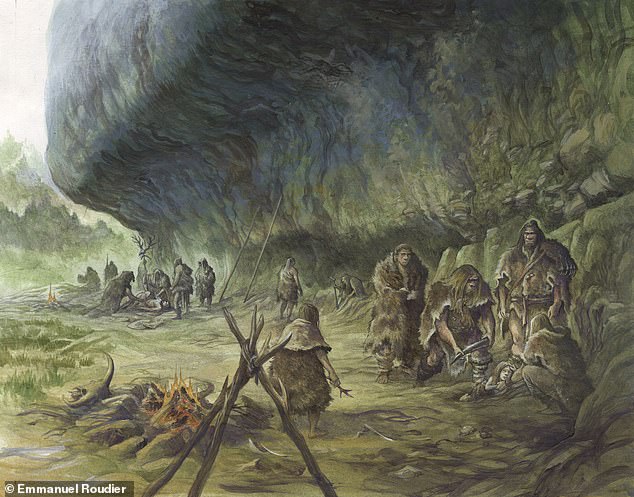Apple adds workout gear to its online store including a $120 yoga mat and $200 smart swim goggles
Apple has officially pushed into the fitness industry with its new Fitness+ streaming service set to launch December 14, but the tech giant is taking it to the next level by adding workout gear to its online store. The lineup includes yoga accessories, including a mat that costs $120, a smart bike helmet for $250 … Read more









